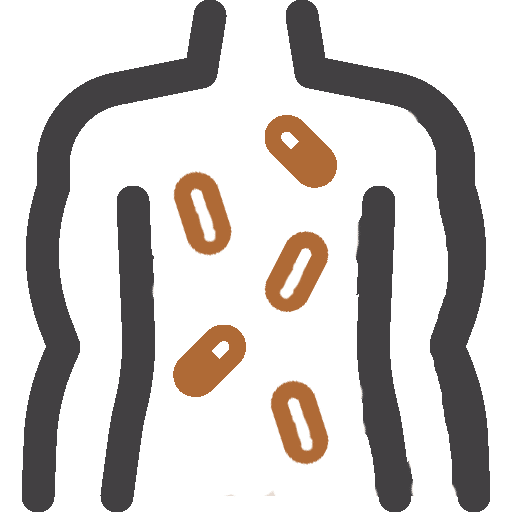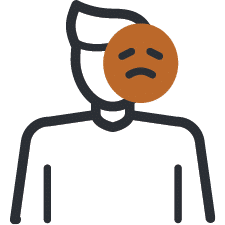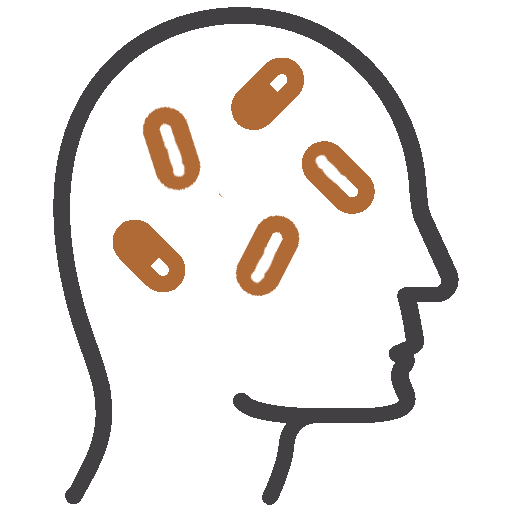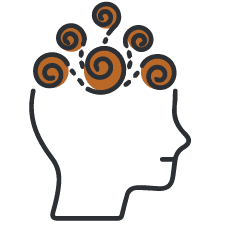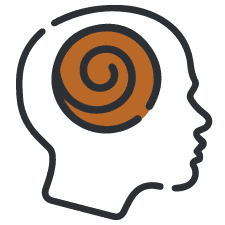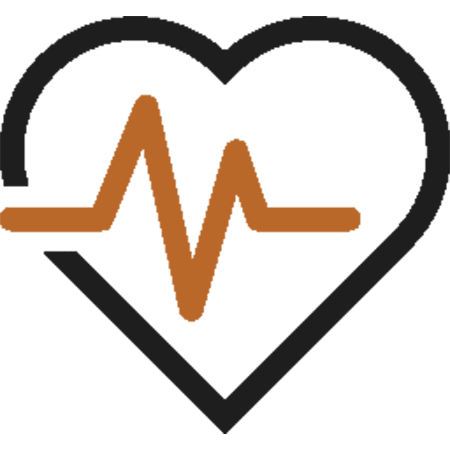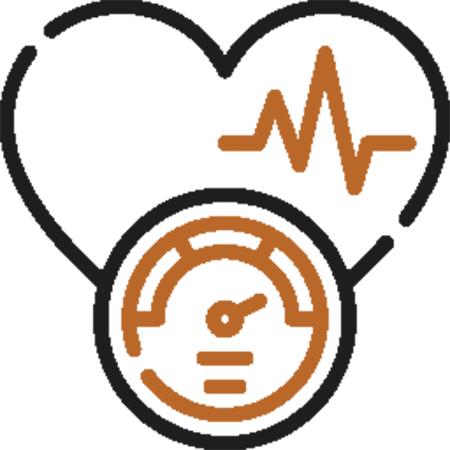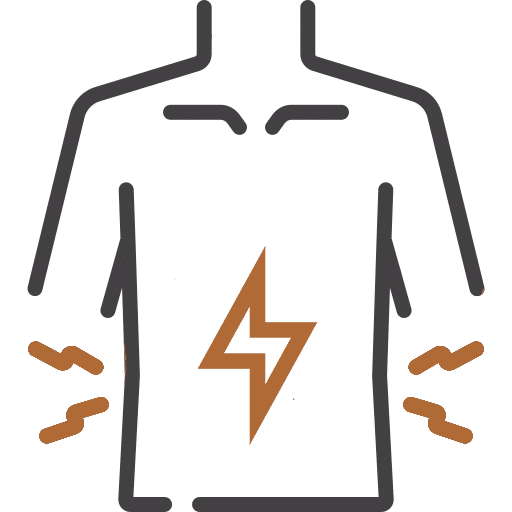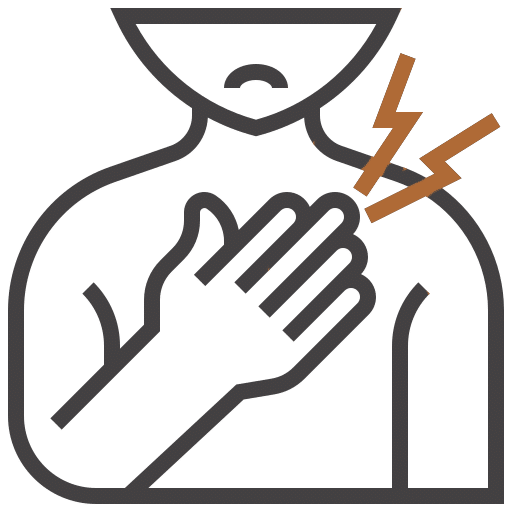As a well-known prescription medication, it is important to understand Vyvanse side effects and possible risks when taking it. Vyvanse is commonly used for the treatment of attention deficit hyperactivity disorder (ADHD). While it is not approved for weight loss and obesity, it is approved by the Food and Drug Administration (FDA) for treating moderate to severe binge eating disorders in adults.
Vyvanse use can also lead to abuse and addiction. In fact, a 2015 study states that around 17% of college students misuse prescription stimulant drugs for ADHD including Vyvanse.




